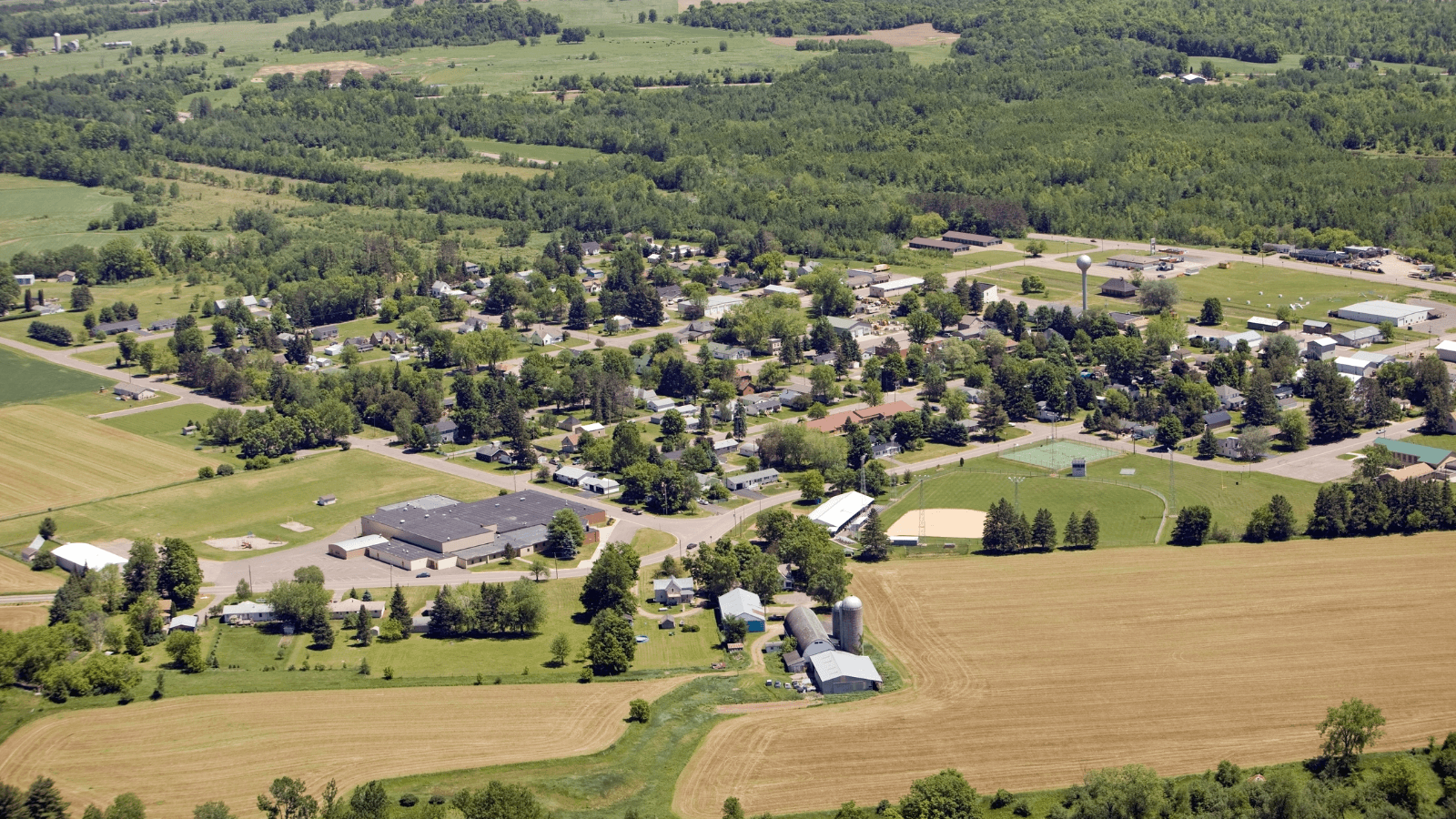Can Soil Health Practices Protect Farmer Mental Health?
By Rev. Tim Olsen
The lead article for the September 18th E-news from the Minnesota Farmers Union is a story posted by the St. Cloud (MN) Times newspaper. The story highlights the stress on Minnesota farmers triggered by a wet spring following two years of drought. Extreme weather events coupled with diminishing farm profitability is causing stress for farmers, farm families, agriculture suppliers, and rural communities.

Pictures from June 2024 near the SW MN community of Luverne, MN
The St. Cloud Times article reports, according to the American Farm Bureau, that farmers are 2.5 to 5 times more likely to commit suicide compared to the national average.
Can soil health practices protect the soil and the mental health of farmers, farm families, agriculture suppliers, and rural communities?
One of the uncontrollable stressors of farming is extreme weather. Following an extreme rain event in 2014, the response of Feikema Farms, located in SW Minnesota, was to begin a ten-year journey of enhancing soil health and resilience. The commitment to soil health and soil resilient agriculture is passing the test:
Feikema Farms is realizing a 30% reduction in fuel costs, diminishing need for synthetic fertilizers, and a reduction of crop yield-robbing soil compaction. Becky Feikema projects that the growing of cover crops in association with emerging herbicide sprayer equipment technology has the potential to reduce herbicide use by 50 to 75 percent. The implementation of soil health principles can reduce input costs, offering farmers another risk management tool that can reduce financial stressors.
"Implementing a strip till/no till system with cover crops for the past 10 years has helped us build resiliency in the soil, and that in turn builds resiliency in our crops. They can bounce back better after extreme weather events. Last year, we managed through the drought because of cooler soil temperatures and reduced soil moisture evaporation in the summer due to residue. This year our crops are bouncing back quickly because the loss due to water movement–cracking off, buried, drowned out–was minimized. Also, nutrients were maintained, allowing crops to grow quickly despite being stressed for a short period of time." – Becky Feikema
The experiences of Feikema Farms are affirmed by a 2019 study conducted by South Dakota State University, in partnership with the South Dakota Soil Health Coalition, and supported by the USDA Natural Resources Conservation Service (NRCS). The survey showed that South Dakota soil health farmers and ranchers (a.k.a. producers) are more optimistic and less stressed than their conventional tillage counterparts. One of the key findings of the study shows that when asked about weather extremes, 80% of farmers following soil health practices stated their farming practices were more weather resilient compared to 60% of farmers using conventional tillage practices. Another finding highlights that 69% of soil health focused farmers are optimistic for increased profitability in the next 3-5 years contrasted with only 39% of conventional tillage farmers. One of the key discoveries of the study with the greatest impact on long-term mental health is satisfaction with quality of life. When asked if survey participants were extremely satisfied or satisfied with their quality of life, 89% of soil health practitioners said yes, compared with 51% of conventional producers.
Can soil health practices protect the soil and the mental health of farmers, farm families, agriculture suppliers, and rural communities? The evidence says yes.
The transition from conventional forms of land management to integrating soil health practices can be a stressful change for farmers and the farm family. So, what can we as consumers do?
Whether we live in rural, urban, or suburban communities we as creation care champions are being called to prayerfully advocate on behalf of our farmer neighbors for the incentives, technical support, and mentoring needed to encourage the implementation of soil health practices. Such practices protect God’s gift of healthy soils and may protect the mental health of farmers, farm families, and rural communities.







